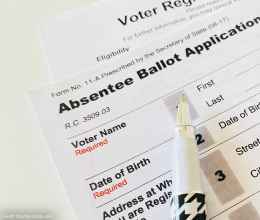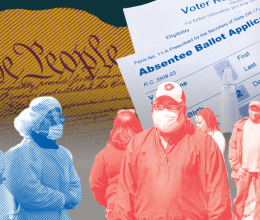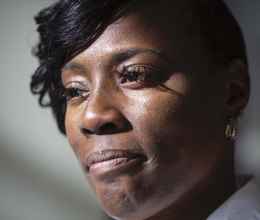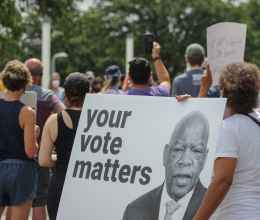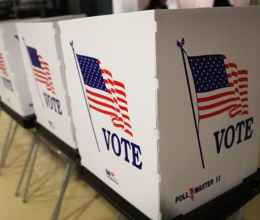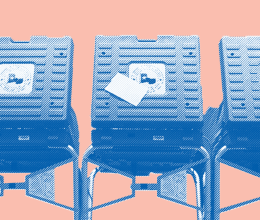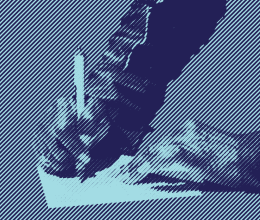
AUSTIN, Texas – Texas Attorney General Ken Paxton today issued a letter with his own opinion on Texas’ vote by mail laws. His non-legally binding letter goes against a Texas District Court’s ruling in April that states all Texans can request a mail-in ballot due to the novel coronavirus pandemic. The Court’s order remains the only judicial ruling interpreting whether individuals can vote by mail under the disability category during the pandemic.
The following reactions are from:
Thomas Buser-Clancy, senior staff attorney for the ACLU of Texas, said: “Ken Paxton’s letter – which is not binding – gets the law wrong and serves no other purpose than to attempt to intimidate voters and county officials. The simple fact is that no Texan should have to choose between their health and exercising their fundamental right to vote. The Texas legislature recognized that in crafting the disability category for vote by mail, and the Texas District Court opinion made the common sense finding that this applies to all Texans during the COVID-19 pandemic.”
Joaquin Gonzalez, staff attorney for the Texas Civil Rights Project, said: “Yesterday, Texas recorded the highest number of COVID-19 related deaths since the crisis began. And today, Ken Paxton purposefully misstated the actual law and the court’s interpretation of it. The fact is, a judge ordered that Texans qualify for vote by mail because voting in person while the virus is in circulation presents a likelihood of injuring the health of all voters, and there is no other authoritative legal opinion on this matter. It seems like Ken Paxton would rather let voters die than let counties follow existing Texas election law.
Sophia Lin-Lakin, deputy director of the ACLU’s Voting Rights Project, said: “Ken Paxton’s non-binding letter does nothing to disturb the court’s legal opinion on whether Texans can vote by mail due to COVID-19. The court recognized the gravity of not allowing all eligible voters a mail-in option during the pandemic. It is a common sense solution to protect democracy and people's well-being during this public health crisis.”
